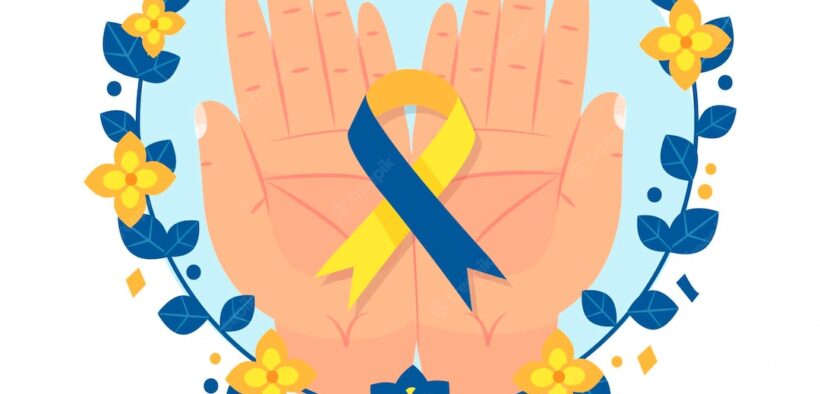World Down Syndrome Day promotes understanding and inclusion for individuals with Down syndrome.
Share

World Down Syndrome Day is observed every year on March 21st. It is a global awareness day aimed at promoting understanding and acceptance of individuals with Down syndrome, a genetic condition that affects approximately 1 in every 700 births worldwide.
The day was first observed in 2006 in many countries around the world, and in 2011, the United Nations officially recognized March 21st as World Down Syndrome Day. The date was chosen to signify the uniqueness of Down syndrome, as the genetic disorder is caused by the presence of three copies of the 21st chromosome, instead of the usual two.
On this day, many organizations and individuals come together to raise awareness about Down syndrome and advocate for the rights, inclusion, and well-being of people with Down syndrome. It is a time to celebrate the strengths and abilities of those with Down syndrome and to challenge negative stereotypes and discrimination.
Down syndrome is a genetic disorder caused by the presence of an extra copy of chromosome 21. It is also known as Trisomy 21, and it affects the development of the brain and body, leading to physical and intellectual disabilities.
The symptoms of Down syndrome can vary widely from person to person, but some common physical features include a flat facial profile, small head and ears, short stature, and upward slanting eyes. People with Down syndrome may also have a range of health problems, including heart defects, vision and hearing problems, and thyroid issues.
Intellectual disabilities associated with Down syndrome can range from mild to moderate, with most individuals falling within the mild to moderate range. However, individuals with Down syndrome can learn and develop new skills throughout their lives, and with appropriate support and opportunities, many are able to live fulfilling and independent lives.
There is no cure for Down syndrome, but early intervention programs, medical treatment, and educational support can help people with Down syndrome to reach their full potential. People with Down syndrome can also benefit from being included in their communities and having opportunities for socialization and meaningful employment.








